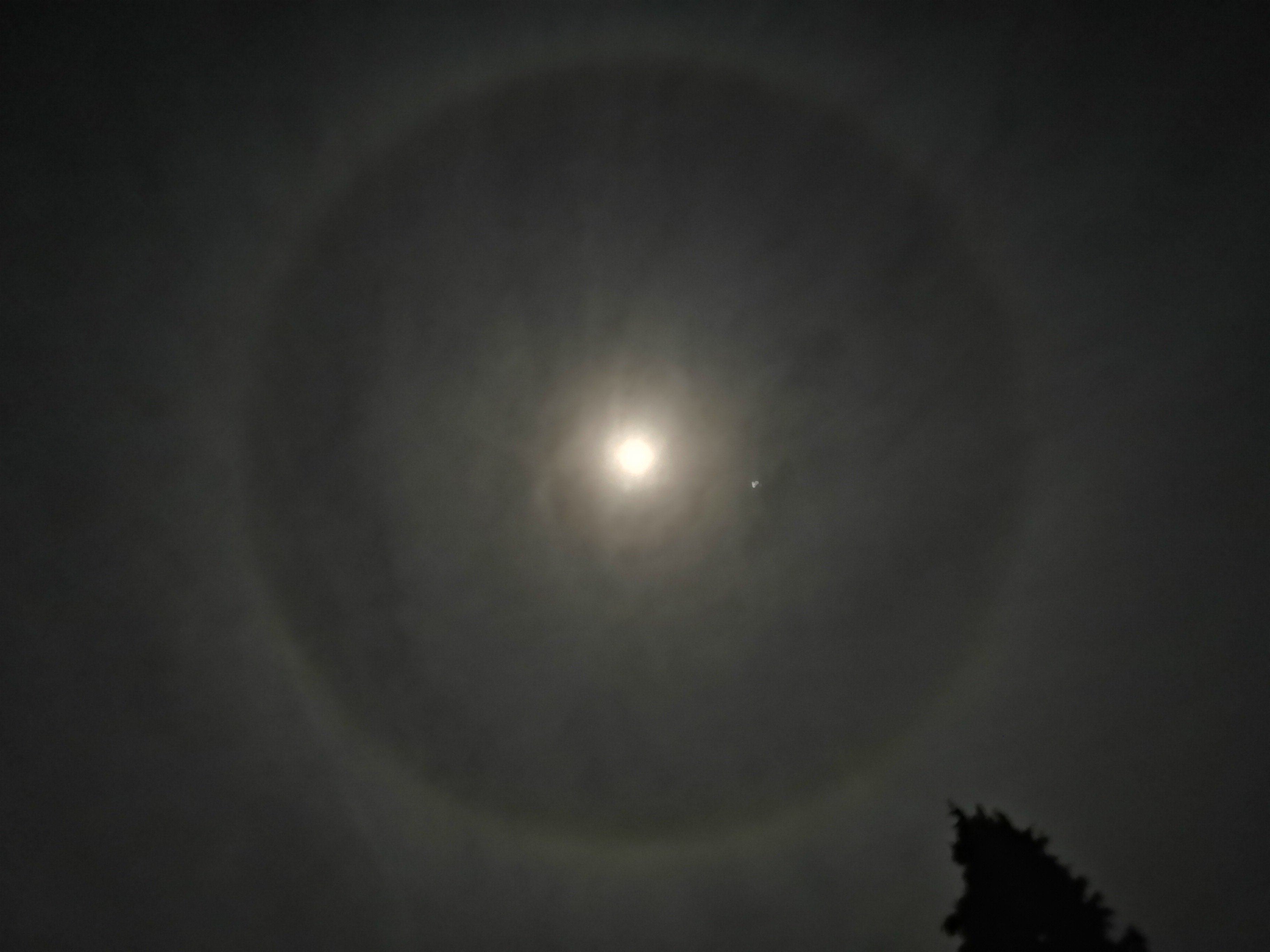this post was submitted on 25 Nov 2023
206 points (94.4% liked)
pics
19547 readers
643 users here now
Rules:
1.. Please mark original photos with [OC] in the title if you're the photographer
2..Pictures containing a politician from any country or planet are prohibited, this is a community voted on rule.
3.. Image must be a photograph, no AI or digital art.
4.. No NSFW/Cosplay/Spam/Trolling images.
5.. Be civil. No racism or bigotry.
Photo of the Week Rule(s):
1.. On Fridays, the most upvoted original, marked [OC], photo posted between Friday and Thursday will be the next week's banner and featured photo.
2.. The weekly photos will be saved for an end of the year run off.
Instance-wide rules always apply. https://mastodon.world/about
founded 1 year ago
MODERATORS
you are viewing a single comment's thread
view the rest of the comments
view the rest of the comments


If that's the really huge halo that seems to take up most of the sky, I've only seen that perhaps 3x in my life.
Are they not collectively called coronas, in your part of the world? They are here.
Yeah that's the one! Only seen it once (coinciding with a supermoon which was frankly surreal).
Coronas are a bit different I believe, though another one of the same group. I've always just called them their individual names, with coronas being tighter and more spectrally-distorting than halos. Maybe the only other collective name I've heard would be the minimally descriptive "atmospheric phenomenon" but that's no fun at all.
Edit: Just took a brief look and indeed coronas are related but formed by refraction through water droplets rather than ice crystals! Cool to know!
Not refraction, but diffraction and interference. The droplets (or ice particles or in some cases even pollen) get so small that light stops behaving like rays at those scales.
Ahh yes, that's the one! Thank you
Thanks, that's interesting! Colloquially they're just called coronas here I think, but it sounds like a misnomer.